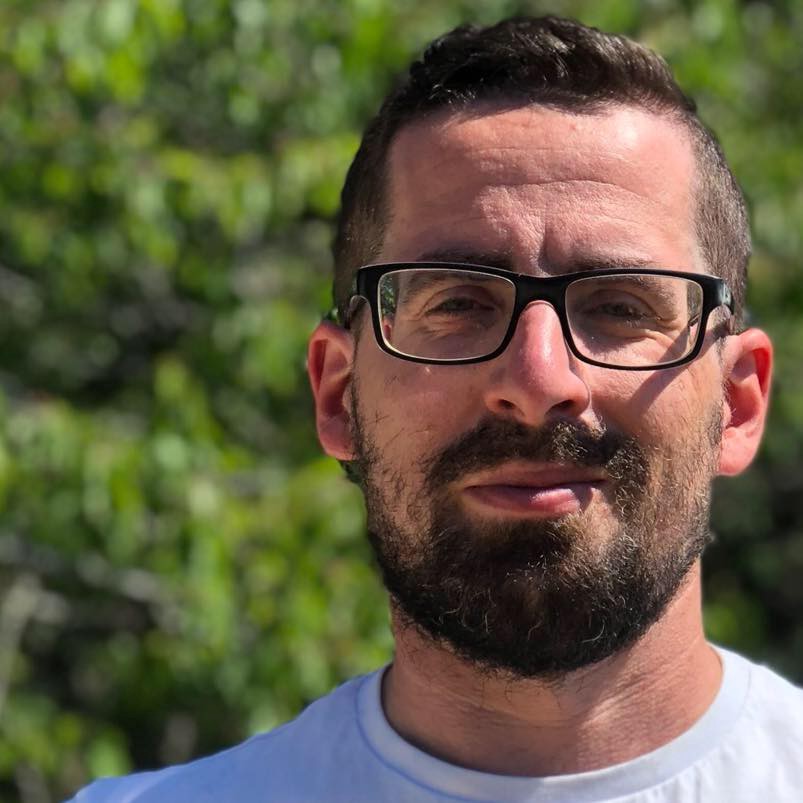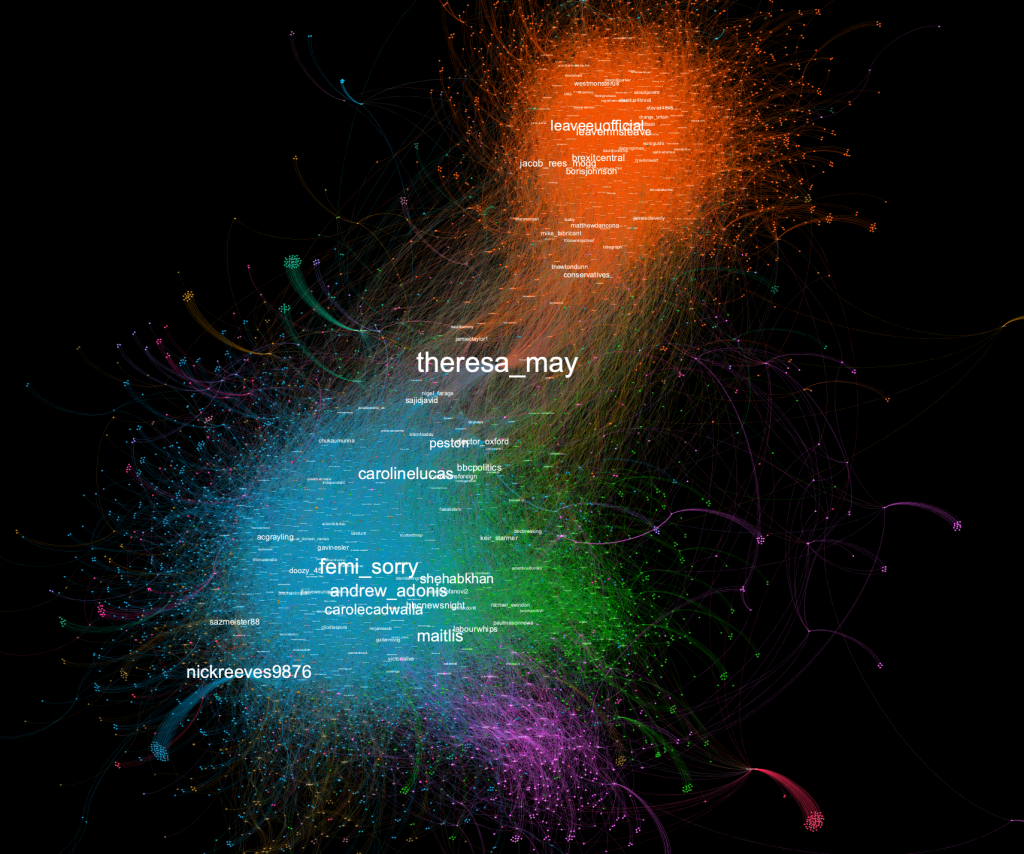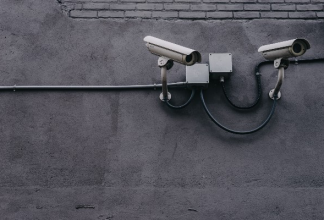Know Your Adversaries — Suspicious Tweets and How to Spot Them

Authoritarian regimes and those who support their practices or ideology are putting a lot of resources and effort into utilising new digital tools. Sometimes they develop new ones, such as different surveillance technologies, and at other times they just work really hard to abuse the tools that are available through the private sector. One example of the latter is social media platforms such as Facebook and Twitter that has come under a lot of scrutiny for not moderating their platforms enough and not making sure that the technology they provide are not abused.
For the human rights defenders we work with, this is part of their everyday work. Being exposed to disinformation, smear campaigns and data breaches are more or less business as usual, and although this doesn’t dissuade them from doing their important work, it often has a direct and troublesome impact on their professional and private lives.

“We need to recognise that digital attacks are part of the default playbook when it comes to regimes trying to crack down on local human rights defenders communities, says Marcin de Kaminski who is heading our Human Rights Defenders at Risk programme. While contexts do differ a lot, it is equally important to understand how the adversaries of our partners are operating — especially since we have noticed how they are sharing strategies among each other.”
Many of the human rights defenders in our networks operate with very limited resources — often due to the fact that the governments and representatives that they are working to hold accountable for violating human rights are adopting legislation making it almost impossible to receive international funding. This is a deliberate tactic with the key purpose of trying to limit their operational capacity.
But support to human rights defenders can come in other shapes than direct financial funding — one example is giving human rights defenders prioritised access to research and knowledge regarding digital security. This is what we are currently piloting together with the digital security company F-Secure, who has given us access to their new research on how disinformation related to Brexit was spread on Twitter — and how it can be spotted. The report was shared with us before the official publication, giving us the opportunity to pass on key recommendations in it to the human rights defenders we work with in advance.

While you can read the report in full here, we would like to share some of the recommendations on how to spot organised disinformation on Twitter. Here are some traits that may indicate suspiciousness and possibly automation: – an account tweets hundreds of times per day, with no pauses for sleep; – an account is new, but have thousands of followers; – an accounts activity is high, but consists of 99% plus retweets.
Automation in itself is not inherently a bad thing, but when used in spreading disinformation or smear campaigns it can pose a real threat to those targeted. Since Twitter is a useful, and in many regions, vital source of information for human rights defenders, it’s crucial that we make sure that they stay up to date with the latest research on how it can be used and abused.
“The private sector, especially those within it who dare to take a stand for human rights, should chip in and do what they can in order to support civil society around the world”, says Marcin de Kaminski. In this specific case, it is extremely useful for us to be able to stay on top of things related to the technological development.
A key component of the Innovation Initiative is to facilitate and utilise information sharing between traditionally separated sectors, such as the private, public and non-profit sectors. By mixing up skills and perspectives that are usually applied to the own sector, we can not only find new solutions to old problems, but also old solutions to new problems. As the familiar saying goes — don’t reinvent the wheel.
One could argue that defending democracy and human rights might not be their core business. However, we believe it should, to some extent, be everyone’s business.


